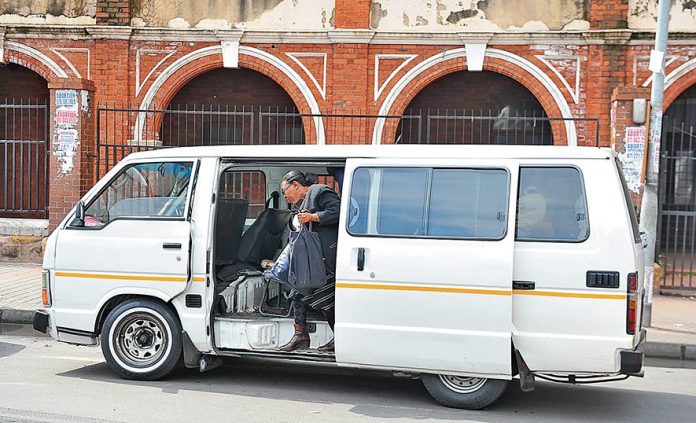Johannesburg- The surge in fuel prices continues to squeeze consumers, with the average cost per tank now over R1 000.
Consumers are now paying over 30% than what they were paying at the start of the year when petrol was R14.99 a litre.
Economist Dawie Roodt and Debt Rescue CEO Neil Roets offer tips to commuters to help them save even a few rands in the tough economic climate.
“The cost of fuel is going through the roof, making it even harder for consumers to make ends meet. R1 000 a month on fuel alone is a lot for an individual or even family to cover, and if taking public transport, these increases will be felt deep in commuters’ pockets,” said Roets.
According to Roodt, the fuel increases will add to inflationary pressure.
“Notwithstanding the costs to the average commuter, we know that a lot of goods need to be transported long distances, which will reflect in higher prices at the till points.
“These inflationary pressures could force the SARB [SA Reserve Bank] to increase interest rates even further. This is coming at an unfortunate time for South Africa.”
Roets and Roodt advise motorists to make a plan and find alternative ways to travel so they can save on fuel costs as well as other associated costs such as insurance, parking, day-to-day wear and tear, and servicing.
A few tips are:
- Carpool: While many still work from home, which is a blessing for the time being, for those who commute to work, it is wise to find a colleague to share the cost of fuel.
- Whenever possible hold online meetings via the platform of your choice.
It’s a greener, cheaper option, saving commuting time and fuel.
- Use one car: If there is more than one car in a family, either consider selling the second or use one only for longer journeys to cut down on the wear and tear and ongoing maintenance of the vehicle.
- Use public transport: If there is a bus or taxi route near you, consider taking these alternative transport modes instead of using a car.
- Share the school run: Find others in your children’s school who live in your neighbourhood and take turns to drop and collect the kids.
- Stick to the speed limits: Speeding is not only dangerous but also negatively affects your fuel consumption. By driving at 110km/h instead of 120km/h, you can save on your petrol bill in the long run.
- Don’t accelerate harshly: Harsh acceleration contributes to higher fuel consumption.
“As the new year comes around, consumers are strongly advised to reconsider how they travel. There are ways to cut back on fuel, and it does make a change in behaviour. But paying over a third more for petrol than we did in January is extraordinary and will be felt across the supply chain of groceries and products,” Roets said.
To read more business news from Sunday World, click here.
Follow @SundayWorldZA on Twitter and @sundayworldza on Instagram, or like our Facebook Page, Sunday World, by clicking here for the latest breaking news in South Africa. To Subscribe to Sunday World, click here.
Sunday World



